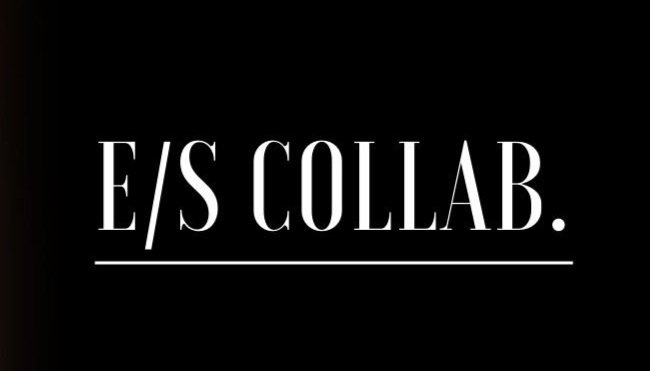Questions Asked More Than Once: Chain of Title
Questions Asked More Than Once is a sub-section of the E/S Collab. Blog. There are the generic FAQs and then there are those very specific questions that are often asked too late into the game. In an attempt to unriddle the important business stuff, we’re publishing those questions asked more than once and the answers we’ve given more than once. To be clear, posts in this series won’t be diving too deep and will be limited to a simple Q&A style.
1. What is Chain of Title?
Put simply, Chain of Title is the flow of underlying rights in and to a project - it shows the flow of ownership, permissions, caveats from the project’s inception to present day.
2. Why do I need a Chain of Title Opinion Letter?
Your financier might ask to see a chain of title opinion letter before actually financing your project, or your distributor/sales agent may include it as part of the legal deliverables. This is a formal legal opinion from a lawyer or law firm in relation to the chain of title of a project. It confirms the producing entity holds all the rights to the project in order to be able to make the film and exploit it without infringing upon any other individual’s or entity’s copyright.
3. I’m developing a story with my friend. Do you think we should have an agreement?
Yes. Always get it in writing. If anything, so you know exactly how the rights in the project are split up, who has ownership, control, even if you both do. Always best to clarify upfront than to run into issues down the line because of a miscommunication!
4. What is a ‘work for hire’ arrangement?
“Work for hire” is a concept exclusive to U.S. copyright laws. If a work is made for hire, the company or individual commissioning the work is considered the original author even if another individual actually created the work. As an example, if Company X hired a writer to write a screenplay, and pursuant to the writer agreement, the writer’s services are a work made for hire, then all rights, in and to the work (in this instance, the screenplay), belong to Company X, from their inception.
5. What is the difference between a license and an assignment?
Both assignments and licenses are ways in which you can contractually deal with intellectual property rights, like copyright.
An assignment is when one person or entity transfers ownership of certain rights and assigns them to another person or entity. E.g. A writer assigns all rights to a script to Company X so that Company X can produce a feature film based on the script. Company X now owns the script. But unlike with a work made for hire, the authorship under this assignment will remain with the writer.
By contrast, a license is the exclusive or non-exclusive permission granted to use a certain property in a particular way for a limited period of time in a particular territory. E.g. a distributor will typically be granted a license from a producer to distribute their film for a particular period of time in a particular territory. Importantly, unlike with an assignment, ownership in the work is not transferred.
6. I’m making a film about someone, do I need to get them to sign a life rights agreement?
It depends – where do they live? Where is the film being made? Do they have a right to privacy? Are they living or dead? Are they in the public eye or are they a private individual? And if they are in the public eye, is what the film is about what they are famous for? Is the content of the film in the public interest? Are you using material that is already available to the public? And so on and so forth…
As you can see – the answer to this question depends on the film and the specific individual you’re making a film about. All this to say – see a lawyer, get advice.
7. I’m a creative being employed by a larger production company to render in house services. What does that mean for my existing projects?
It depends on the wording in your contract – get it looked at by a lawyer. You might want to make sure that any projects you plan to develop are carved out and won’t end up belonging to the company you’re planning on working for!
8. I want to option a book and I wrote to the owner. They said the rights are available. What do I do? Do I just make an offer or is there something else that comes first?
Cool! Yep! Put together a proposal, send it to them, they may make a counter offer and once you settle on key commercial terms, you’ll need to get it papered into a long form agreement.
9. I’m planning on pitching my project to a number of potential co-creators and companies. How do I go about protecting myself and my project?
Lots of creators will issue NDAs (i.e., non-disclosure agreements) or alternatively, watermark your script/pitch materials and include a little copyright notice which is clear and visible. You can always also register your work with USCO if you’d like to be extra careful.
Questions? Drop us a line.
Disclaimer: This post should not be construed as legal or commercial advice and we recommend that you obtain independent advice before entering into any contracts or agreements, in connection with the chain of title and underlying rights for your specific project. E/S Collab. makes no warranty or representation that this information is exhaustive, complete or accurate.
